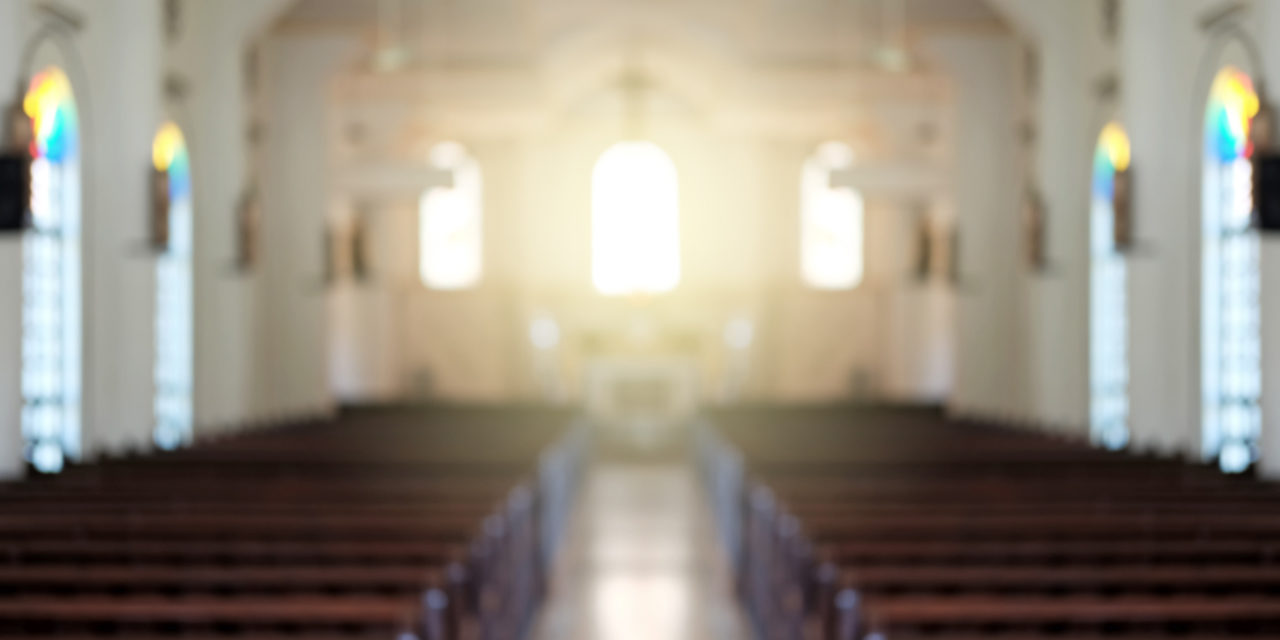Two Oregon churches have filed a federal lawsuit against Governor Katherine Brown for her unconstitutional closure order banning indoor worship services of more than 25 people.
Edgewater Christian Fellowship and Roseburg Church of God of Prophecy and their pastors are located in counties that have experienced only 25 cases of COVID-19 each. They have been observing closure laws since March but want to re-open for worship services on May 31, which is known as Pentecost Sunday on the Christian calendar.
However, an Executive Order (EO) from Governor Brown forbids gatherings of more than 25 people. The EO even singles out “faith-based” gatherings:
“Cultural, Civic, and Faith-Based Gatherings. All cultural, civic, and faith-based gatherings of more than 25 people are prohibited. Cultural, civic, and faith-based gatherings of 25 or fewer people are allowed only if a distance of at least six (6) feet can be consistently maintained between individuals from different households, and if other applicable OHA physical distancing guidance are followed.”
The difficulty with the governor’s order, among other things, is that it lists a large number of establishments that are not covered:
“Paragraph 3 of this Executive Order applies to gatherings only, and does not apply to workplaces, grocery stores, retail stores, convenience stores, banks and credit unions, gas stations, hotels or motels, health care facilities, pharmacies, child care facilities, schools, higher education institutions, and state or local government, which are subject to other directives.”
As the churches’ lawsuit points out, targeting churches for discriminatory treatment while allowing similarly situated secular activities to re-open violates the First Amendment.
“Fitness classes are only limited by the ‘maximum occupancy of the room (as long as it ensures six (6) feet of separation),’” the churches noted. “But, if a church has a 1000-person auditorium, it is limited to twenty-five attendees no matter how many would fit with social distancing.”
To make matters worse, the state’s unequal treatment of churches is backed by the full force of the law, which makes it a criminal offense to violate the Governor’s EO, punishable by up to 30 days in jail and/or a $1250 fine.
The churches are represented by attorneys with Alliance Defending Freedom (ADF).
“Singling out churches for special punishment while allowing others to have greater freedom not only makes no logical sense, it’s clearly unconstitutional, just as others have warned the governor,” ADF Senior Counsel Ryan Tucker, director of the ADF Center for Christian Ministries, said in a press release. “Gov. Brown has had plenty of opportunity to correct the obvious constitutional problem with issuing a church-specific ban and has chosen not to. We support authorities’ efforts to prioritize the public’s health and safety, but people of faith should be free to assemble if other groups are free to assemble.”
The Oregon case, filed in the federal courts, is not the first lawsuit challenging Governor Brown’s EO. A separate case filed in the state court system is currently at the Oregon Supreme Court.
These cases, unfortunately, follow a national trend resulting from the disparate impact of executive orders by state governors on churches in other states. ADF filed a similar lawsuit last week in Nevada over the unequal treatment of churches there as that state re-opens for business. In Colorado, a church in the town of Ault filed a lawsuit against Governor Jared Polis (D) over his executive orders as they have impacted indoor worship services.
And as we reported yesterday, one case from California has already reached the U.S. Supreme Court.
Churches don’t mind being inconvenienced so long as they are not targeted for unequal treatment. That’s what’s at stake in all these cases. To quote the U.S. Department of Justice, “there is no pandemic exception to the Constitution and its Bill of Rights.”
Related:
Minnesota Churches Unite to Tell Governor They’re Reopening Worship Services
Judge Blocks North Carolina Governor’s Order Restricting In-Church Worship Services






